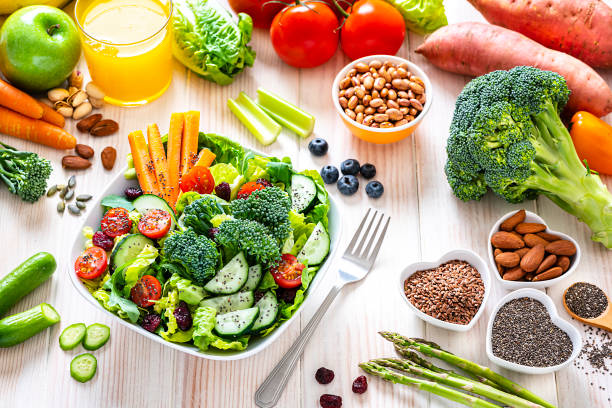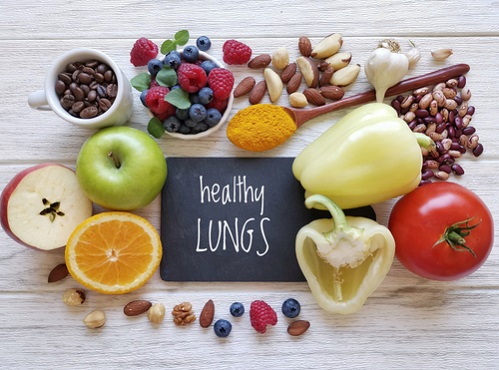Today, the topic of immune health is at the top of all people’s thoughts. Although there are many aspects that contribute to an immune system’s health and nutrition, it is the most important part.
We take it to be given that what we consume can affect how our immune systems function. However, how can food choices affect our immune system?
you may have heard your immune system is an intricate network composed of chemical and cell components that aid in protecting the body against infection.
It means that a variety of nutrition sources are essential to assisting our immune systems in working normally, allowing us to combat illnesses.
It is crucial to remember that there is no one food item or mineral can stop illness. Additionally, the immune system is extremely complex and affected by a range of other elements, such as levels of stress as well as age, sleep, and various medical issues.
Certain micronutrients are key to immune function. been identified as essential in the development and functioning of immune cells.
Iron
Helps in the creation of T-cells. It’s an antioxidant enzyme that produces reactive oxygen species, which can contribute to the process of Oxidation. It is present in red meats as well as legumes, leafy greens legumes, nuts, and cereals fortified with.
Vitamin C
In addition to having antioxidant properties, vitamin C regulates immune responses and improves the function of white blood cells. Vitamin C is present in kiwis, oranges fruit, grapefruit, strawberries broccoli, tomatoes as well as bell peppers.
Vitamin A
Vitamin A is essential to make antibodies and also to ensure good eyesight and healthy skin. It is found in Vitamin A in food items like tomatoes, leafy greens milk, eggs, and even the yolk of a cow.
Vitamin D
Vitamin D regulates the immune system by assisting in the creation of antibacterial protein. It is located in salmon, eggs as well as tuna fish, livers of beef.
Vitamin E
The antioxidant component of the plant and the particular purpose of stimulating the activity of T-cells and protecting cell walls. It is present in pumpkin, peanut butter bell pepper, peanut butter, and leafy greens.
Zinc
Zinc is an essential mineral in many organs and systems that are normal to the body which includes the immune system as well as bleeding healing and blood clotting thyroid function, and the sense of taste and smell. It is present in nuts, milk in meats, and seeds along with whole grains and chicken.
It is recommended that individuals get the above nutrients from the food they eat rather than from supplements since food has more health-boosting advantages. In general, a healthy food plan will provide sufficient amounts of nutrients to ensure your immune system is strong.
Last reflections
Our immune system works best when we eat a well-balanced diet that contains a variety of minerals and vitamins. There is no single food or nutritional element can prevent disease However, incorporating several different nutrients of healthy foods each day can improve your body’s immunity as well as its capacity to fight infections.




